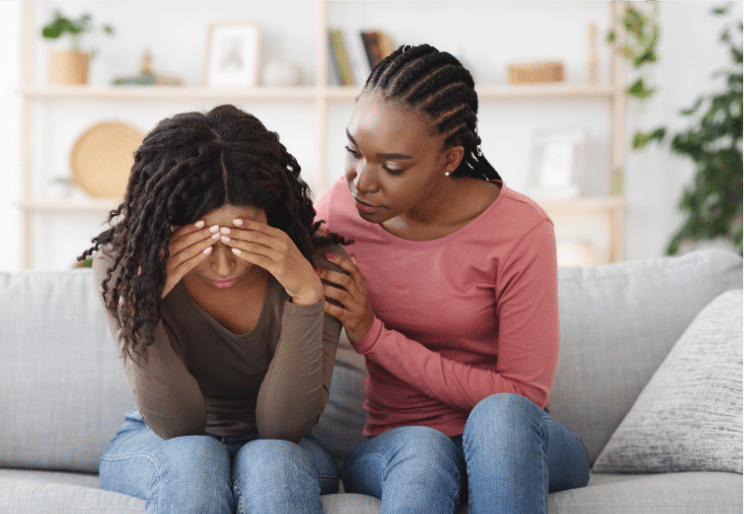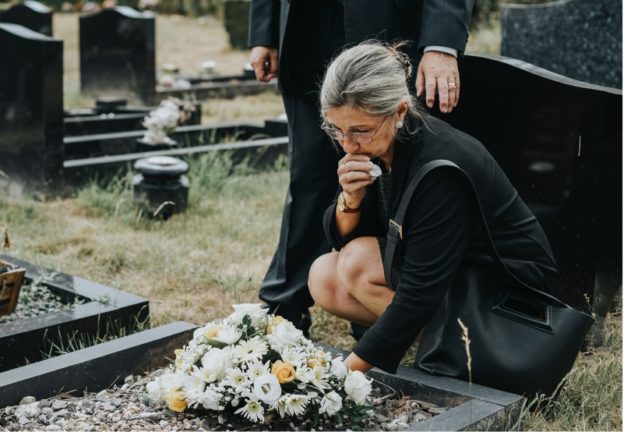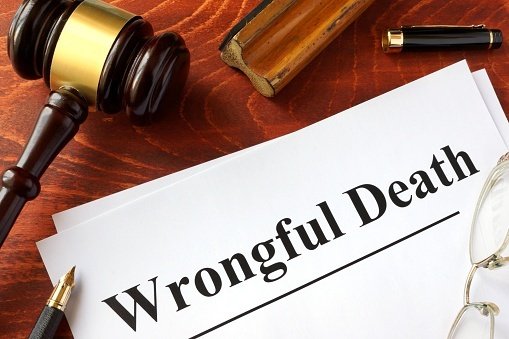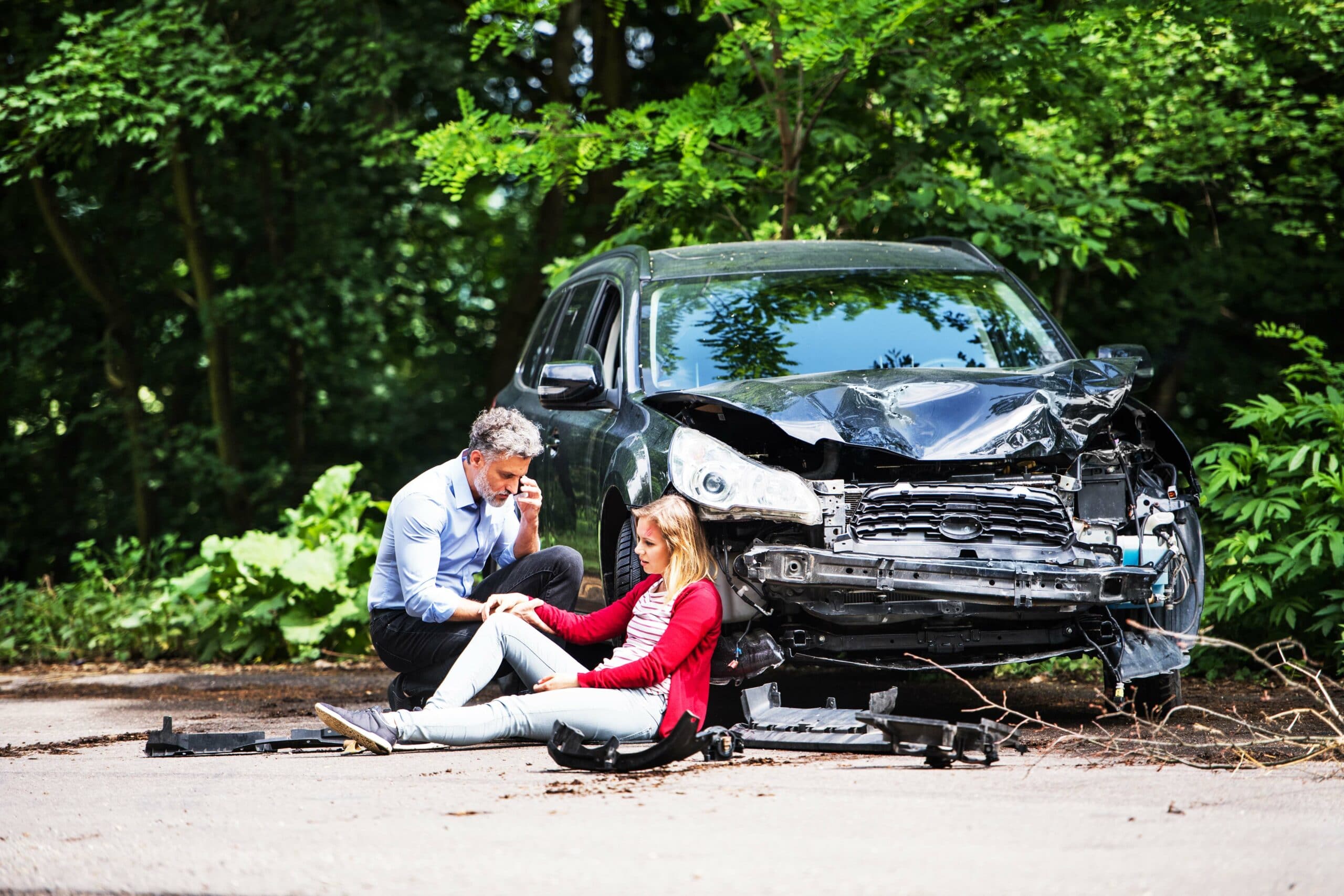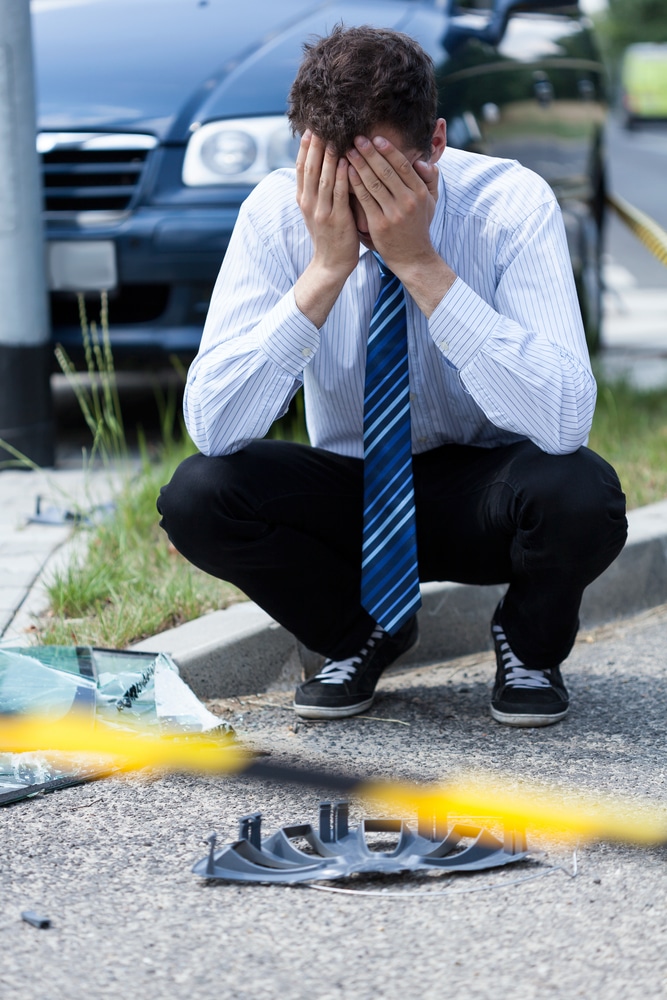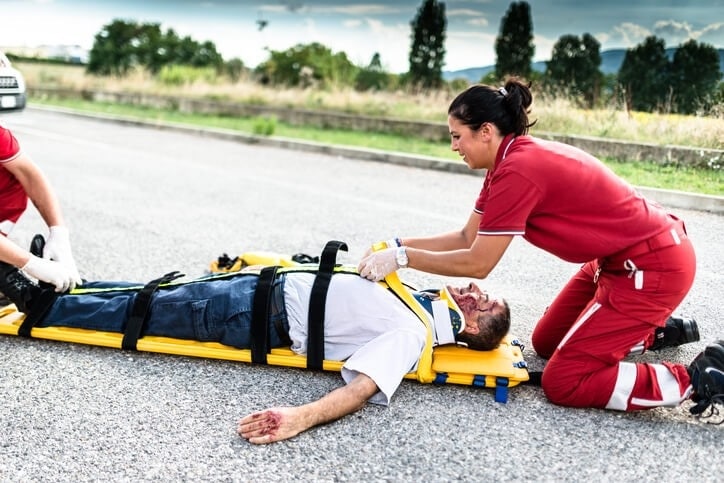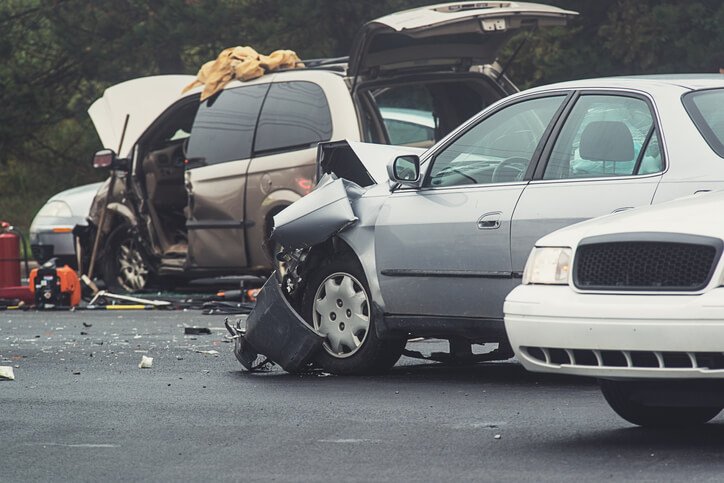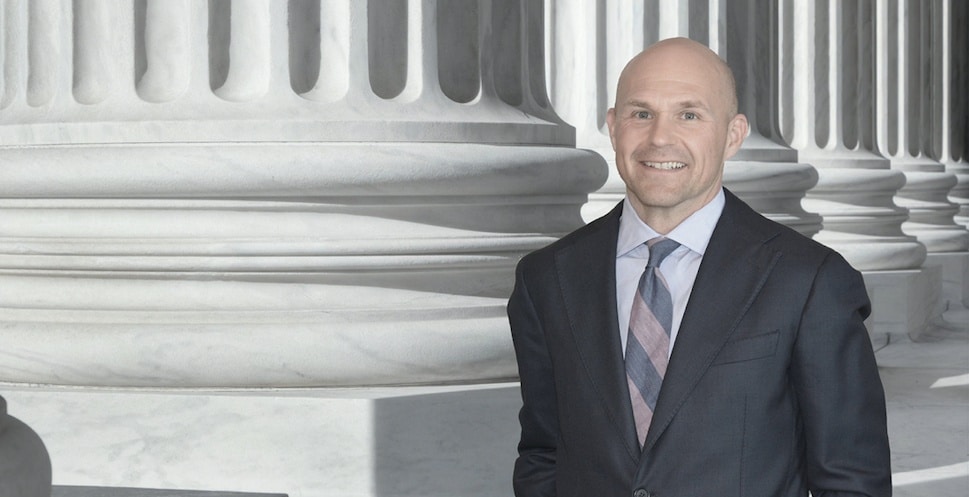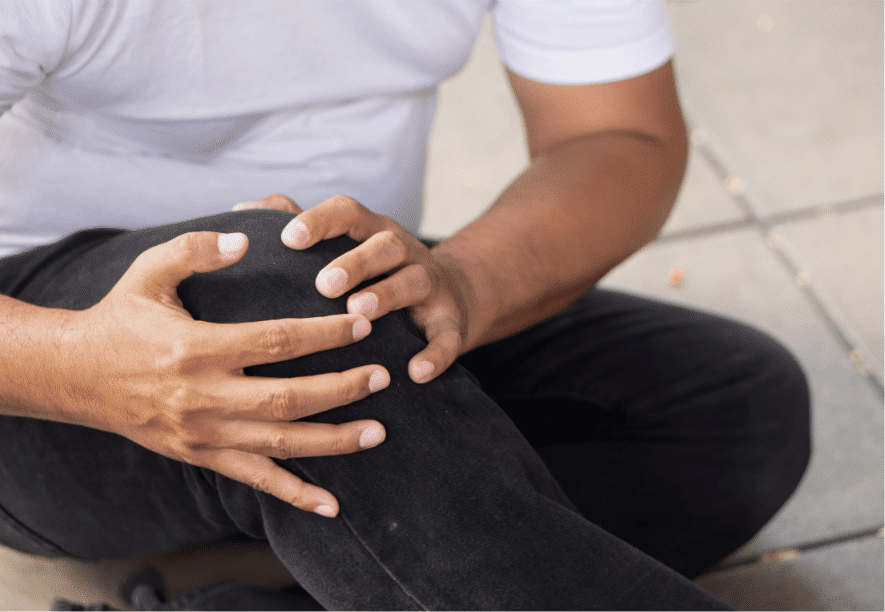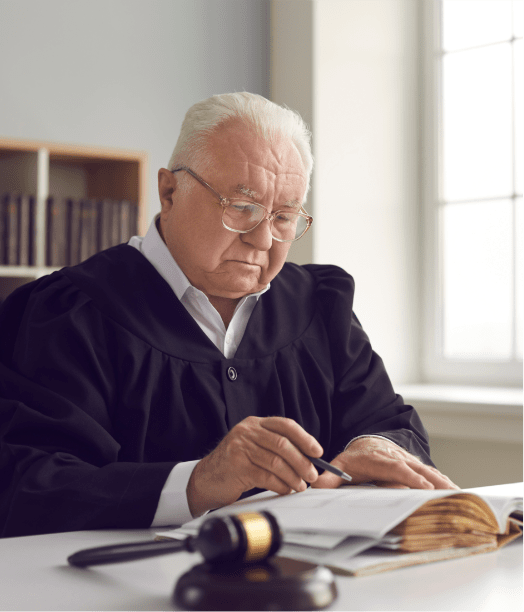Survival Action Claims in Georgia: What Families Need to Know
Grieving families face a range of emotions when a loved one is killed due to someone else’s carelessness or recklessness. People in this situation should absolutely pursue financial compensation for their losses—but how to do so can be complicated.
Survival actions are often confused with wrongful death claims by those who’ve lost loved ones. These are two separate legal actions that apply to different circumstances, though in some situations a family may be able to pursue both simultaneously.
This article will explain the purpose of a survival action and how to go about starting one in Georgia. We’ll also outline the differences between a wrongful death claim and a survival action, and how an experienced attorney can help families navigate both.
I met with Harry Brown personally and he sat with me for 20 minutes at our initial consultation to explain everything. He even called after my surgery to see how I was doing. I met with him several more times after that and was kept informed about my case throughout. I highly recommend Harry Brown as an attorney.
What Is a Survival Action in Georgia?
Under Georgia law, a survival action is an extension of a legal claim associated with a person who has died. Basically, it addresses the losses the deceased person experienced between their injury and death, and seeks compensation to benefit their survivors.
Typically, survival actions are used when the injured person lived for a while after the injury itself — long enough to experience fear, pain, or medical treatment. It is meant to cover the sort of losses they might have included in a personal injury claim, had they lived.
For example, if someone was injured in a car crash and lived one week before they died, the action might demand compensation for a week of:
- Medical expenses
- Lost wages
- Pain and suffering
In Georgia, funeral expenses and burial costs may also be part of a survival action because they are considered costs of the deceased’s estate (more on that in a minute). Some states include demands for funeral and burial losses in wrongful death claims, rather than survival actions.
Even if the person only lived for an hour, the family could claim the pain, suffering, fear, mental anguish, etc. their loved one endured before dying.
Who May Bring a Survival Action?
In Georgia, the personal representative of the deceased person’s estate, often called the executor or administrator, brings (initiates) a survival action. The personal representative might already be named in the will, but if not, the court will generally appoint a family member to represent the estate. The estate includes anything still legally owned by the dead person and stands in for them in legal proceedings.
Survival actions must be brought by the dead person’s estate, rather than their survivors. This is because the compensation is sought on behalf of the person who died for what they experienced, not for the losses their loved ones experienced because of the death.
Ultimately, money secured from a survival action that isn’t needed for medical costs or other liens will go to survivors. It simply needs to go to the estate before being disbursed.
Who Gets the Money From a Survival Action?
Money secured from a survival action will go directly to the dead person’s estate. It is then considered an asset of the estate and treated like other items, such as bank accounts, property, and retirement funds.
These assets go to the beneficiaries named by the deceased. If there isn’t a will or named beneficiaries, the money will be disbursed according to Georgia intestacy law. Usually, the money will go to the deceased person’s spouse, children, parents, or other close family members.
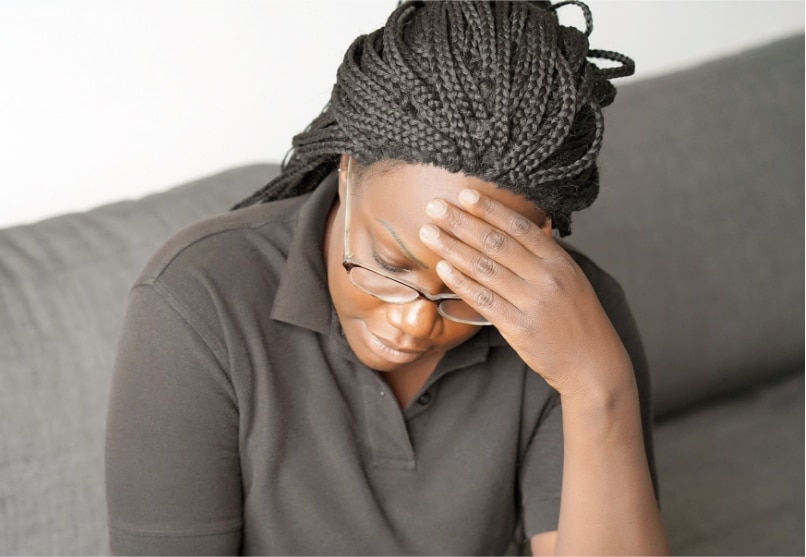
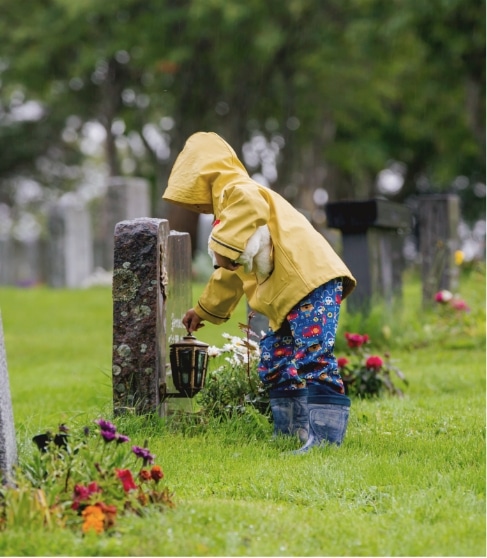
How Is a Survival Action Different From a Wrongful Death Claim?
Simply put, a survival action is on behalf of the deceased person themselves. A wrongful death claim is on behalf of the deceased person’s survivors.
A survival action seeks compensation for the damages (losses) a person suffered before dying. A wrongful death claim seeks compensation for the damages survivors suffer because of the death.
A wrongful death action or claim may be the one we hear about more often, and it may feel counter-intuitive to hear wrongful death and survival in the same sentence. However, surviving family members may wind up taking both actions to get the compensation they deserve after a family member’s death. Let’s dig into the differences.
RELATED POST: The Complete Guide To Wrongful Death Lawsuits
Damages Sought in a Georgia Survivor Action Claim
The damages that “survive” a person killed by another’s negligence can include:
- Medical bills
- Lost earnings
- Pain and suffering
- Mental anguish
- Funeral and burial costs
Damages Sought in a Georgia Wrongful Death Lawsuit or Claim
The damages impacting the survivors of a person killed by another’s negligence can include:
- Lost income the deceased person would have made in the rest of their career
- Benefits held through the deceased person, such as health insurance and retirement plans
- The value of services the deceased provided for their household, like home repairs and yard work
- Lost care, support, affection, and guidance that the deceased person provided to survivors
- Lost consortium, which is the access to intimacy and companionship between spouses and partners
Additionally, in South Carolina (where The Brown Firm also practices), wrongful death lawsuits can include claims for the family members’ (as opposed to the deceased person’s) emotional pain and suffering, as well as punitive damage to punish the negligent parties in the case of extreme recklessness or malice. However, these types of damages are not available under Georgia law.
Differences in How Survival Action and Wrongful Death Claims Are Paid Out
As discussed above, any money recovered in a survival action claim becomes property of the estate, which can then be distributed according to any will left by the deceased.
By contrast, money recovered in a wrongful death claim are not property of the estate (because it is meant to benefit the survivors directly, not the deceased) and will always be distributed strictly according to Georgia’s intestacy law. In other words, this means that wrongful death settlements are always divided to heirs as if no will exists, regardless of whether the deceased person left one or not.
RELATED POST: Who Gets the Money From a Wrongful Death Lawsuit?
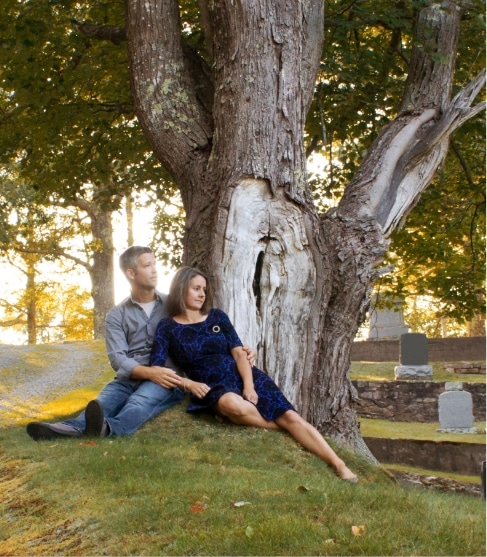

How Does Personal Injury Law Relate to Survival Action and Wrongful Death?
In Georgia, personal injury attorneys often represent families filing survival actions or wrongful death claims.
Even though these are not technically personal injury cases, the claims process, relevant damages, and compensation center on similar factors, such as medical costs, lost income, pain and suffering, and mental anguish. This is because, in all cases, the injuries or deaths were caused by another party’s carelessness or recklessness.
Both a survival action and a wrongful death claim may be options if your loved one was killed because of someone else’s carelessness or recklessness. Determining what’s best for your family depends on the specifics of the case.
An experienced personal injury attorney will help you understand and navigate all the options when you’ve lost a loved one in this manner.
Ready to Talk to a Lawyer Who Has Your Back?
The Brown Firm Offers Guidance for Survival Actions and Wrongful Death Claims
The period after losing a loved one is difficult and unpredictable, making it that much harder for surviving family members to understand and manage the details of a legal undertaking. At the Brown Firm, we are committed to walking through complex cases with our clients and doing it with skill and compassion.
We begin every attorney-client relationship with a free case evaluation, including cases involving survival actions or wrongful death claims. To set up your free consultation today, call (800) 529-1441 or use the easy contact form on our site.
The content provided here is for informational purposes only and should not be construed as legal advice on any subject.
Our Recent Personal Injury Articles
Overloaded Truck Accidents in Georgia: Who’s Responsible?
A bus caught fire on Friday night at Ashford Dunwoody Road and I-285 West, causing delays during rush hour. The ramp was closed, and firefighters were able to put out...
The Most Common Causes of Teenage Driver Accidents
A bus caught fire on Friday night at Ashford Dunwoody Road and I-285 West, causing delays during rush hour. The ramp was closed, and firefighters were able to put out...
Postal Worker Dog Attacks: Protecting the Rights of Delivery Personnel
A bus caught fire on Friday night at Ashford Dunwoody Road and I-285 West, causing delays during rush hour. The ramp was closed, and firefighters were able to put out...
The Impact of Texting and Driving Laws on Car Accident Liability in Atlanta
A bus caught fire on Friday night at Ashford Dunwoody Road and I-285 West, causing delays during rush hour. The ramp was closed, and firefighters were able to put out...
Pedestrian Accidents on Crosswalks in Savannah: Proving Driver Negligence
A bus caught fire on Friday night at Ashford Dunwoody Road and I-285 West, causing delays during rush hour. The ramp was closed, and firefighters were able to put out...
Gearing Up for Survival: The Importance of Proper Motorcycle Safety Equipment
A bus caught fire on Friday night at Ashford Dunwoody Road and I-285 West, causing delays during rush hour. The ramp was closed, and firefighters were able to put out...
Why Nursing Home Staff Shortages Leave Residents Vulnerable to Potential Mistreatment
A bus caught fire on Friday night at Ashford Dunwoody Road and I-285 West, causing delays during rush hour. The ramp was closed, and firefighters were able to put out...
When Taxi Drivers Cause Pedestrian Accidents: Legal Options for Injured Parties
A bus caught fire on Friday night at Ashford Dunwoody Road and I-285 West, causing delays during rush hour. The ramp was closed, and firefighters were able to put out...
Bicycle Accident Settlements – What Compensation Can You Expect?
A bus caught fire on Friday night at Ashford Dunwoody Road and I-285 West, causing delays during rush hour. The ramp was closed, and firefighters were able to put out...
Nursing Homes Overprescribing Drugs to Silence and Subdue Patients
A bus caught fire on Friday night at Ashford Dunwoody Road and I-285 West, causing delays during rush hour. The ramp was closed, and firefighters were able to put out...
Contact The Brown Firm
Get the Answers and Compensation You Deserve
You’ll notice the difference when you contact The Brown Firm! Our local dedicated attorneys want to help you recover and rebuild.
Schedule your free consultation by calling (800) 529-1441 or completing our simple online form.


